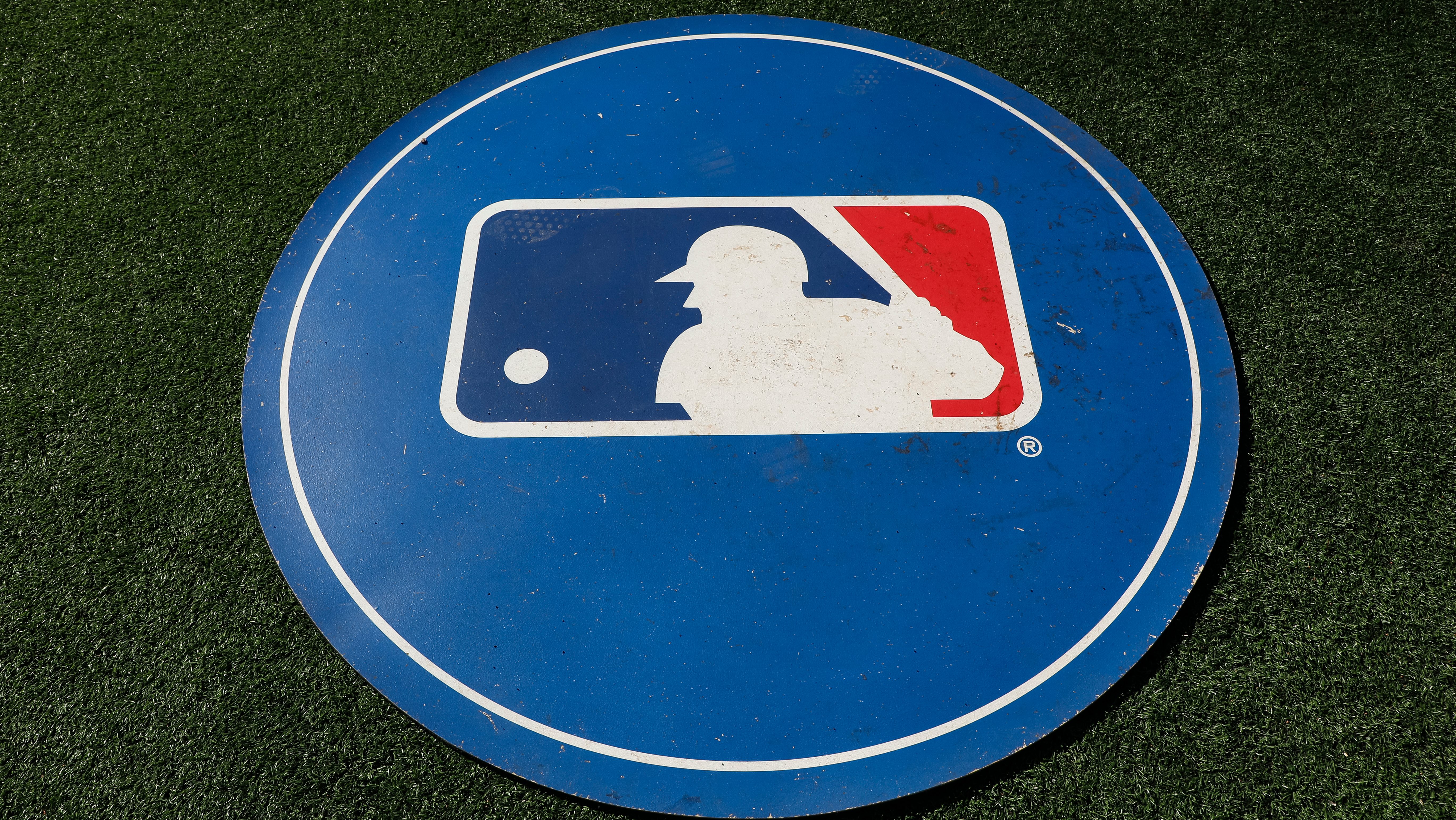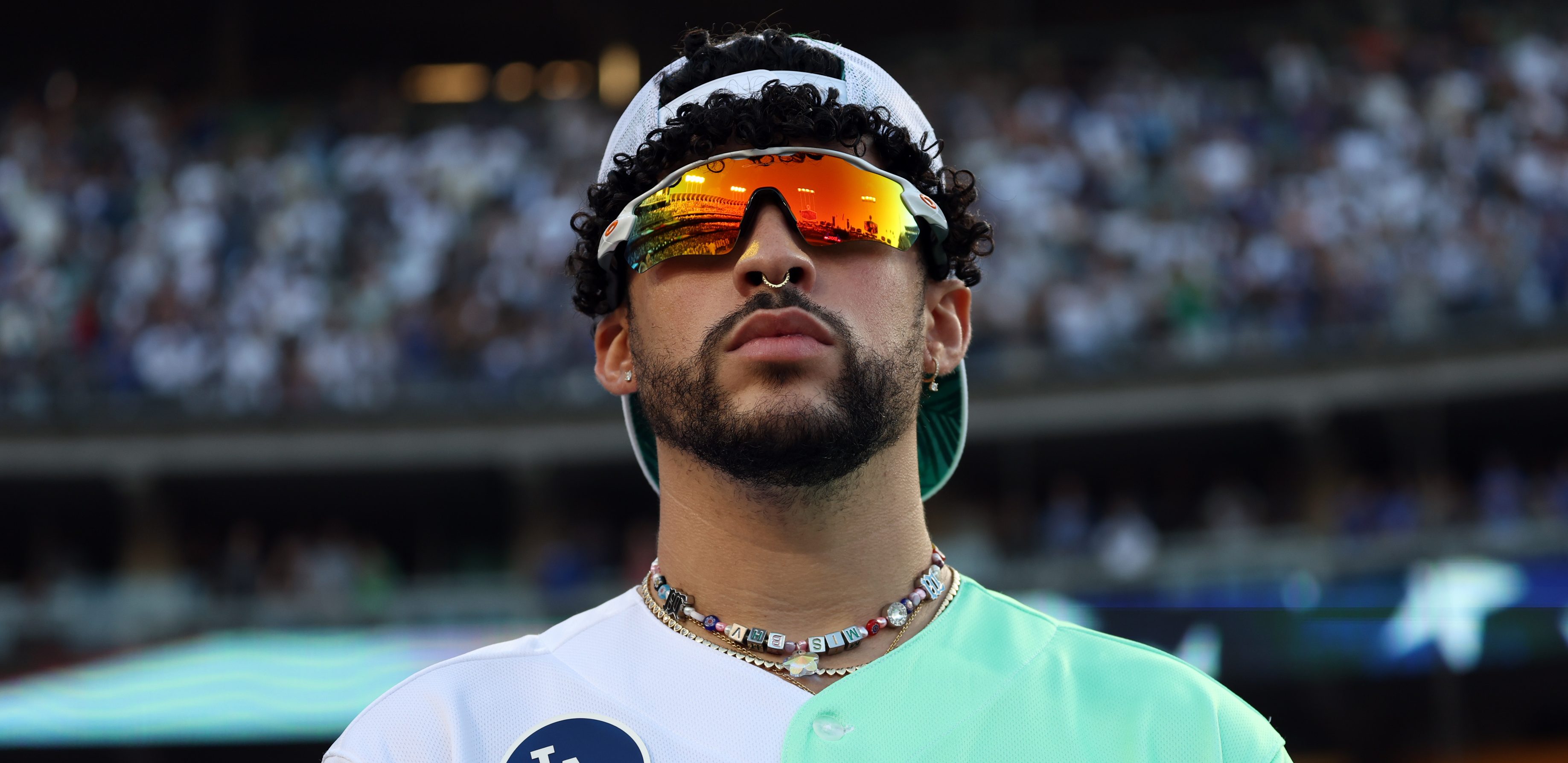
Surely, at this point, everyone waiting for some big moves to happen this offseason has fallen asleep.
Baseball's typical period of activity, the time when the hot stove gets its hottest, has been unbelievably dull, with tumbleweeds rolling through Twitter in place of the usual flurry of rumors. While Giancarlo Stanton getting traded to the New York Yankees and Shohei Ohtani signing with the Los Angeles Angels counted as huge offseason splashes, only one big name — Carlos Santana, the newest Philadelphia Phillie — has come off the free-agent board.
The hold up seems to be coming from the pitching market, though it's important to point out that the likes of Eric Hosmer and J.D. Martinez remain unsigned, as well. Still, what's with these arms refusing to pick a team?
The Cubs, of course, are one of the clubs in the market for a top-of-the-line starting pitcher, and they've been heavily linked at various points this winter to Yu Darvish and Alex Cobb — not to mention that perhaps the best free-agent pitcher out there is Jake Arrieta, a North Side fixture for the past five seasons. The Cubs have made plenty of additions to their pitching staff so far this offseason, signing Tyler Chatwood to add to the back of the rotation, bringing aboard Brandon Morrow and Steve Cishek to bolster the back end of the bullpen and even adding Drew Smyly to the mix for 2019. But none of those names generated huge headlines or checked the box on Theo Epstein's to-do list of adding a top-flight starter who further strengthens an already very strong group of Jon Lester, Kyle Hendricks and Jose Quintana.
So what's the hold up?
The Score's Bruce Levine outlined the latest demands from the most prominent free-agent pitchers, and it seems that the cost of signing one of these guys is very high — too high, perhaps, for the Cubs. Levine wrote Wednesday that Arrieta and Darvish — the latter of which Levine described as the Cubs' "top target" — want five-year deals and that Cobb wants a four- or five-year deal. And with those years, of course, comes cash and an awful lot of it.
Pitchers getting risky long-term deals is an annual tradition in baseball. Guys hovering around or even past the age of 30 (Arrieta will be 32 on Opening Day, while Darvish will be 31 and Cobb will be 30) want lengthy contracts that reflect what they've accomplished in recent seasons, and there's no doubting that Arrieta and Darvish have accomplished a lot and that Cobb was stellar in 2017 and was even better prior to missing the entirety of the 2015 season. But their ages mean that any team agreeing to a long-term deal of five or six years runs the risk of those guys breaking down before the length of the contract is up. Arrieta, just to pick the oldest of the trio, would be 37 years old when the final year of a six-year contract started. That's usually the case for big leaguers as they age, but securing that money now is the job of their agents, who frequently do that job with a pretty good success rate. None of that is news.
MLB
This time around, though, there are other factors for the Cubs, specifically, which might make them tentative about signing any one of these pitchers to such a contract.
The Cubs have a wide-open championship window, which you would assume would make them rather motivated to add an important piece that can get them to a second 21st-century World Series championship after smashing the curse in 2016. What does it matter how old one of these guys will be in six years when they could help the Cubs win a World Series right now? That's a fine argument to make, and a bullet the Cubs might end up biting if they don't want to head into 2018 with a rotation of Lester, Hendricks, Quintana, Chatwood and Mike Montgomery — which, to be honest, doesn't sound that bad.
But the job of Epstein's front office is to keep this championship window open for as long as possible, and that could mean saving money for big financial commitments down the road.
The most noteworthy of those comes next winter, when Bryce Harper hits the free-agent market. The Washington Nationals superstar is expected to land the biggest contract in baseball history. Any resources the Cubs commit to Darvish or Cobb now, they won't be able to commit to Harper next winter. Does signing a 30-plus pitcher this winter preclude them from signing Harper, much like the Stanton acquisition might knock the Yankees out of the running for Harper? Not at all. If the Cubs have the money to pay for five more years of Darvish or Cobb and a decade or a decade and a half of Harper — and the luxury tax, which would eventually kick in and then continue to grow if the Cubs spent enough in consecutive seasons — then they can certainly choose to spend it.
But there are other financial commitments coming, too. Lester, Hendricks and Quintana are set to become free agents after the 2020 season, at which point the starting rotation will be in a far more dire situation than it is currently. Plus, Anthony Rizzo, Kris Bryant, Addison Russell, Javy Baez and Kyle Schwarber all become free agents after the 2021 season. And, the Cubs are still paying Jason Heyward more than $20 million a year through the 2023 season.
When you think about all that, what puts the Cubs in a better position to succeed long into the future: spending money now on a free-agent starting pitcher or saving it to pay all those core pieces a few years down the road? In the end, the only certainty is that all those guys will be under team control through 2021 — so why not try to win with them now? But the ultimate goal is to win a championship, and can the Cubs do that without an Arrieta-esque arm in that starting rotation?
That's why this winter is such a tough balancing act for the Cubs. And it's perhaps why they have yet to give in to a free-agent pitcher's demands. Who knows when activity will finally pick up this offseason, but when it does — or more specifically, if the Cubs choose to add one of these arms — know it will be after carefully weighing all these factors.


